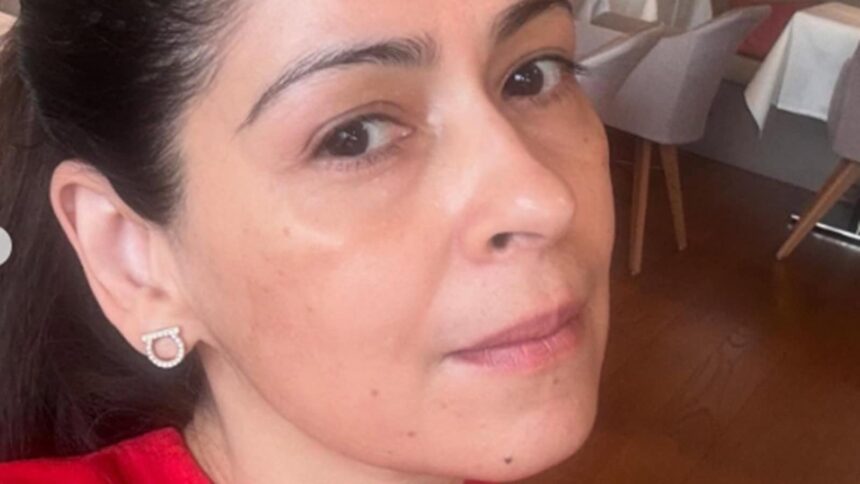Fabulous Lives of Bollywood Wives’ Bhavana Pandey recently shared that she had been experiencing “really bad eating and lifestyle habits,” so she decided to undertake a gut cleanse program. “A 7-day detox and gut cleanse program. It’s been an absolutely fabulous experience! I went there with gut issues, inflammation, menopause symptoms, bloating, and really bad eating and lifestyle habits!” said Bhavana, who was accompanied by friend Maheep Kapoor.
Bhavana, who is in her 50s, added that she is now “feeling in my mind and body” while listing some lessons she has learned.
Some of the amazing things I learnt here that are simple to follow:
*Don’t drink water between meals. Honour digestion’s natural rhythm
*Make your meals sacred. Eat slowly, eat with presence
*Chew with intention. 30 to 40 mindful chews per bite
*No raw after 4 pm. Help your system wind down gently
*Sleep with an empty belly. Allow deep rest and renewal
“Well-being isn’t something we chase. It’s something we return to when we slow down, listen, and from within,” she added.
But does following these really make a difference to your well-being?
The practices shared “align with several time-tested traditions,” and many of them hold merit when adapted mindfully, said Dr Hiran S. Reddy, consultant physician, diabetologist and critical care specialist, Gleneagles Hospital, Lakdi Ka Pul, .
Avoiding water during meals: While staying hydrated is essential, excessive water intake during meals may dilute gastric juices and momentarily affect digestion. Small sips are fine, but drinking large volumes is best spaced 30 minutes before or after eating.
Eating mindfully: Modern research suggests that eating slowly and with awareness can improve digestion and help prevent overeating. It supports the body’s parasympathetic (rest-and-digest) mode, which is ideal during meals, said Dr Reddy.
Chewing thoroughly (30–40 times): According to Dr Reddy, this practice significantly aids digestion by mechanically breaking down food and mixing it with saliva, which contains digestive enzymes. It reduces bloating and makes nutrients more bioavailable.
Avoiding raw foods in the evening: Raw foods are more difficult to digest and may cause discomfort, such as bloating or gas, when consumed late in the day. “Light, at night are gentler on the gastrointestinal system, particularly for those experiencing menopause-related digestive issues,” said Dr Reddy.
Sleeping on an empty stomach: While not everyone may benefit from an empty stomach at bedtime, finishing dinner at least 2–3 hours before sleep allows the body to shift from digestion to cellular repair. This can improve sleep quality and gut health.
“These practices are beneficial when personalised. Especially during menopause, when hormonal shifts affect digestion and metabolism, such approaches can ease symptoms like bloating and fatigue,” said Dr Reddy.
DISCLAIMER:








